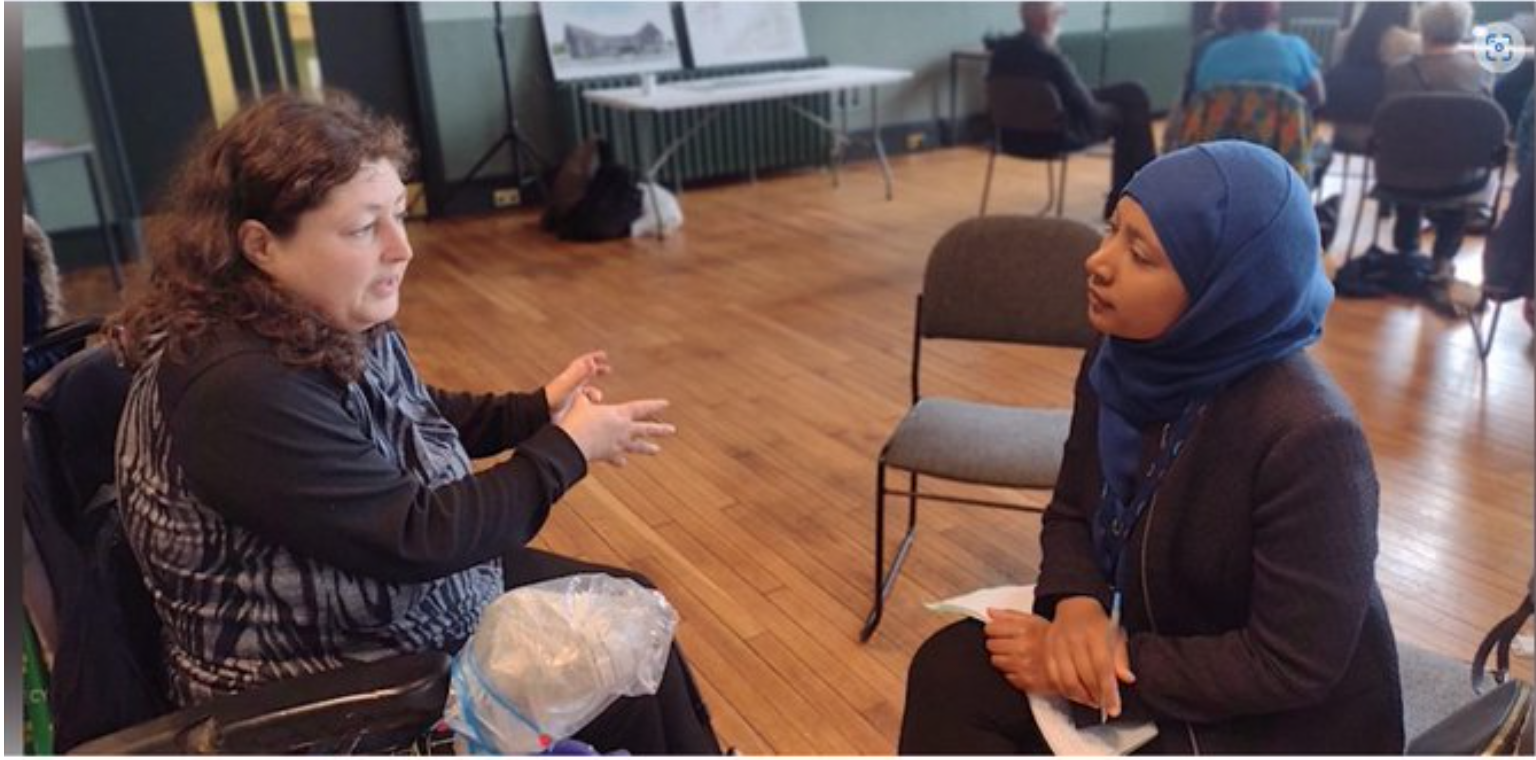By Polly Anna Steiner
Housing inequality is at the root of all inequality, as the primary driver of societal poverty. As a national average a private renter can expect to part with 50% of their monthly salary to cover their monthly rent, the correlation of such unsustainable costs coincide with an increase in other poverty-markers throughout 2015; wherein rough sleeping rose by 30%, the number of households in temporary accommodation rose by 12%, and “the number of people accepted by councils as homeless” rose by 6%. The Joseph Rowntree Foundation’s report into what the housing market will look like in 2040 cites causal deep poverty for more than half of the renter population as rents increase 90% faster than salaries.
Meanwhile, in 2015, house prices rose by 7.9% to a national average of £262,000.
The prohibitively expensive market has deepened the poverty margin of non-home owners, and left the most vulnerable wanting with over 105,000 people on social housing waiting lists in Greater Manchester alone.
On the plus side, during the March 16th Budget, Chancellor Osborne announced £115 million funding to tackle homelessness, and a further £60 Million for community housing solutions. Yet these funds may not tackle the root causes of our country’s housing issues, but only mitigate damages.
On a more localised level, the Devolution Deal represents an opportunity to grasp devolved powers, and negotiate tailored solutions, while engaging community led resources.
The Manchester Housing conference has been organised by the community to do just that, formalising core issues of the housing crisis manifested in the Northwest, into four working groups who are coming together from greater Manchester’s ten combined authorities, on April 2nd.
The event will examine locally led solutions to empty homes and homelessness, renter’s rights and regulation of the private rented sector, social housing provision, and mutualist housing models.
The Greater Manchester Devolution housing fund amounts to £300 million allocated to cover housing solutions in Greater Manchester over the next ten years will be disseminated within the private housing development sector.
Devolution housing investment planning will therefore benefit from this non-corporate agenda and community input; to help co-create the kind of grassroots led solutions which best fit those most in need of homes.
The 10 councils in the devolution deal have asked for the flexibility to co-design programmes with the regional office of the Homes and Communities Agency which suit the housing needs of the local population.
An update from the Treasury on the devolution negotiations last week said: “The Greater Manchester combined authority wishes to pursue innovative approaches to delivering social housing for its citizens. To support this, the government commits to review its approach to national housing programmes with the objective of ensuring that the way these are structured and delivered do not hinder Greater Manchester from delivering its objectives.
The government is considering Greater Manchester’s business case for a land programme to bring forward development on brownfield sites.
Paul Beardmore, director of housing at Manchester City Council, said part of the new flexibilities over funding could be a rent to purchase model in Manchester as an alternative to Starter Homes and shared ownership.
30 April 2017






